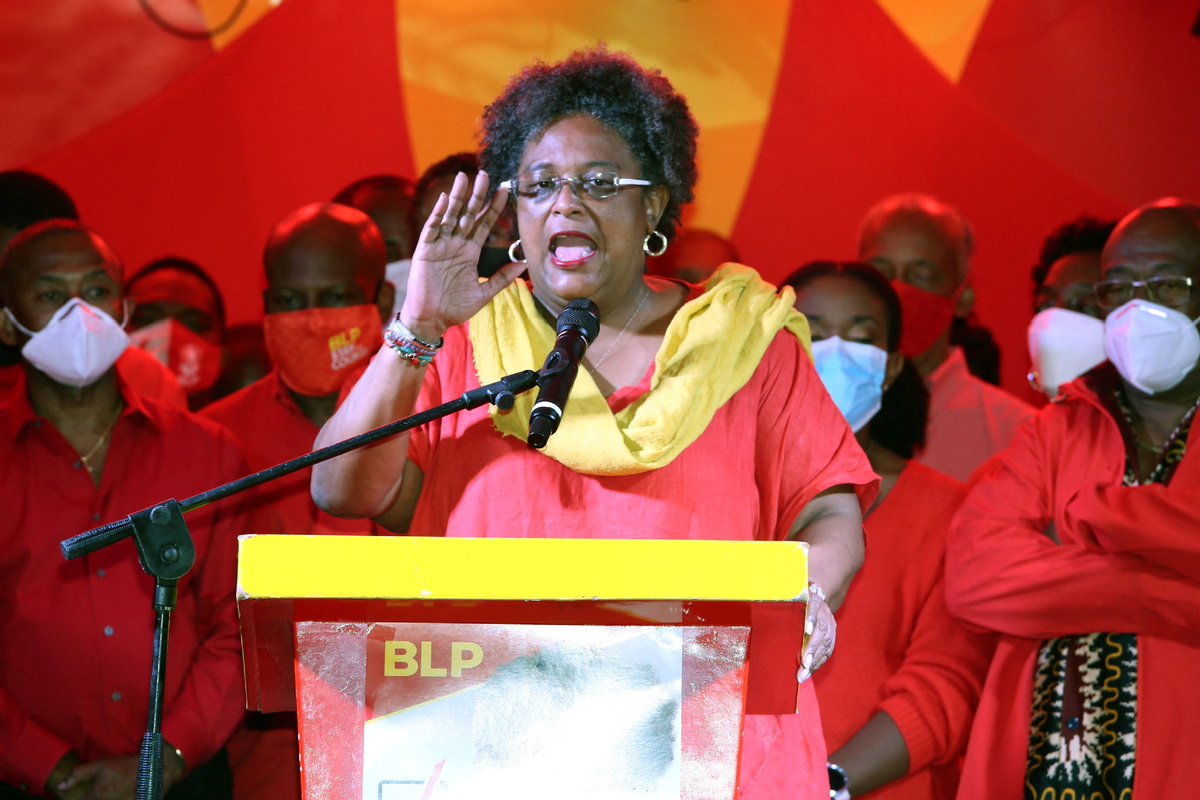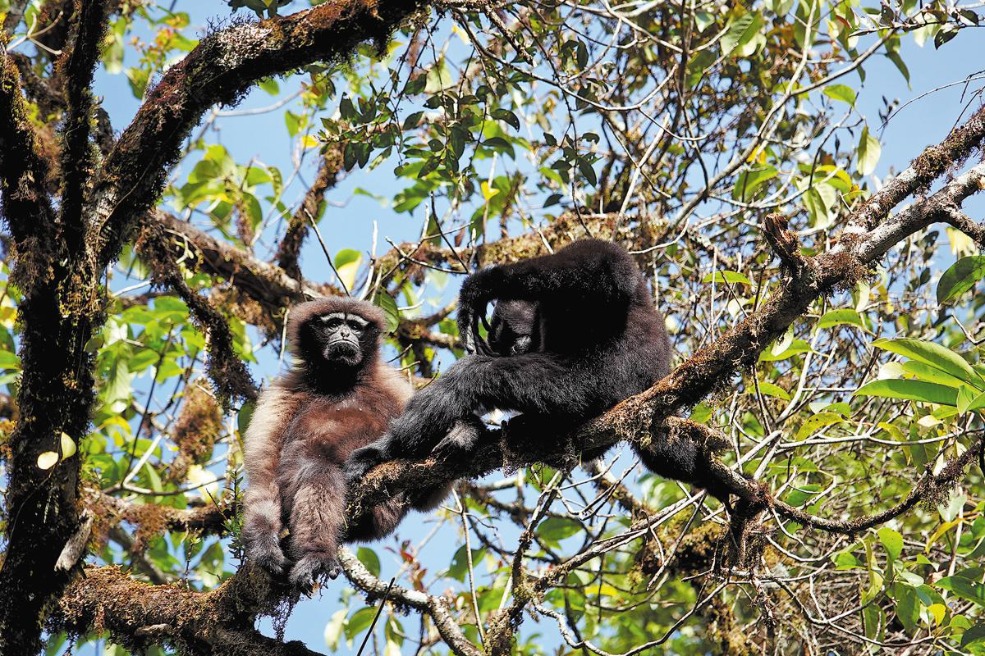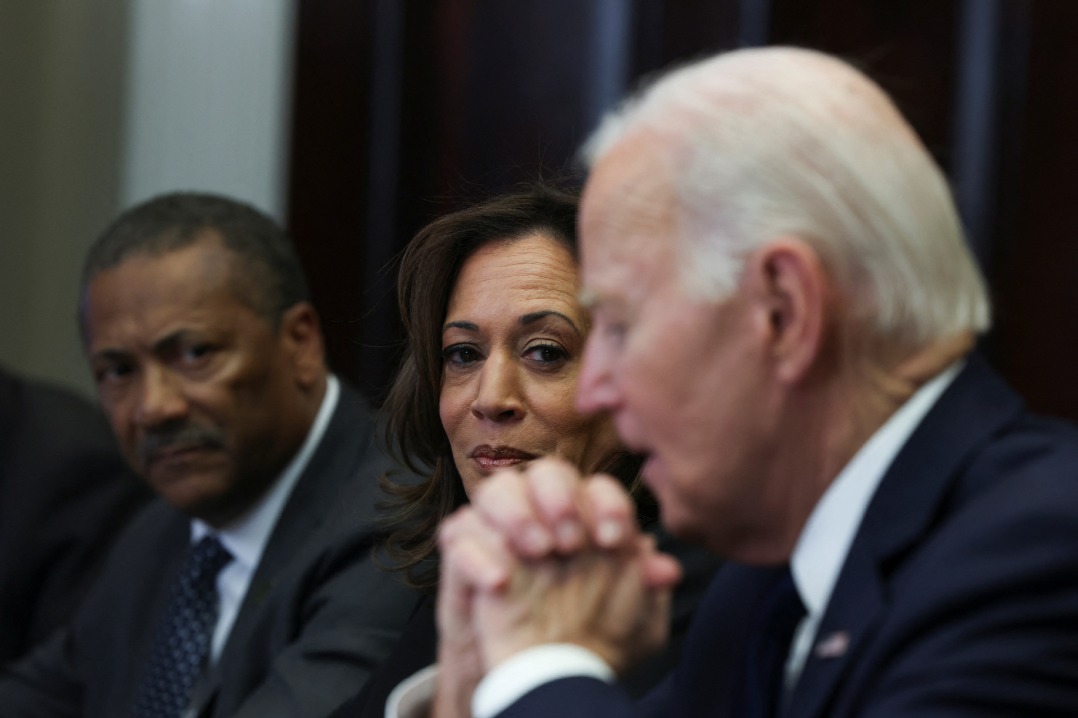Victorious Barbados PM lauds partnership with Beijing
By Harvey Morris | China Daily Global | Updated: 2022-01-28 10:00

On the eve of a landslide reelection victory in Barbados, Prime Minister Mia Mottley pledged a new housing program based on Chinesebuilt, pre-engineered homes.
It was the latest sign of an increasing engagement between the Caribbean island and China that has ruffled feathers in the West, including in the United States, which sees the region as in its own backyard.
In the week of the snap election on Jan 19, Mottley visited one of the first Chinese prefabricated houses to be constructed on the island and said that they would be an integral part of her plans to build at least 10,000 new homes over five years.
On election day, Mottley's Barbados Labour Party scored a landslide-all 30 seats in Parliament-a repeat of the 2018 election result that brought her to power.
As the leader of a small nation of less than 300,000, she has emerged as a substantial figure on the regional and even the international stage, not least at the 26th session of the United Nations Climate Change Conference of the Parties, or COP 26, in November.
She warned fellow delegates there of the climate perils facing nations such as hers and said: "Failure to provide enough critical funding to small island nations is measured in lives and livelihoods in our communities. This is immoral, and it is unjust."
Mottley again made headlines later that month when Barbados became a republic after her government made the decision to replace Britain's Queen Elizabeth II as head of state.
The move was largely symbolic, as the former colonial power had exercised no direct authority since the island became independent in 1966. It will remain a member of the Commonwealth, the association that groups the UK and its former colonies.
Although the decision was accepted with equanimity by the UK monarchy-Queen Elizabeth's son and heir, Prince Charles, attended the handover, at which he acknowledged the "appalling atrocity of slavery"-it was the occasion for others to allege Chinese interference in the island's affairs.
One UK Conservative member of Parliament claimed Chinese pressure had driven Barbados to remove the Queen as its head of state. Without providing details, MP Tom Tugendhat claimed, "China has been using infrastructure investment and debt diplomacy as a means of control for a while."
One UK commentator lamented: "For all its talk of post-Brexit global ambitions, the British government has failed to invest in the Commonwealth's soft power. China, meanwhile, has (plowed) hundreds of billions of dollars into Commonwealth countries in recent years."
Others dissented, with the widely published UK-based commentator Sebastian Shehadi asserting that the decision of Barbados to become a republic was an entirely reasonable one and had been hijacked by a zerosum narrative of China versus the West.
The most effective rebuttal came from Prime Minister Mottley herself. Challenged by a BBC interviewer to explain whether a country in the "backyard" of the US was swapping one superpower for another, Mottley hit back: "We don't call ourselves America's backyard. We established relations with China 44 years ago, and China has investment across the world.
"For you to focus on the Caribbean or Africa … without recognizing the role China is playing in Europe or in other North Atlantic countries, is a bit disingenuous," she said, "and really reflects more that we are being seen as pawns, regrettably, rather than countries with equal capacity to determine our destiny."
The closer investment relationship with China is hardly a surprise, since Barbados joined the China-proposed Belt and Road Initiative in 2019, one of eight regional states to do so.
Aside from the housing project, China is also involved in providing technical assistance in a number of sectors and launching educational programs. Barbados has, meanwhile, showcased its domestic brands at trade exhibitions in China.
The relatively high-income island state is on the lookout for investment after the COVID-19 pandemic hit an economy heavily dependent on tourism alongside financial services, compounding an existing challenge posed by high levels of debt.
In January last year, tourist numbers plunged to around 4,000 from more than 60,000 in the same month of 2020.
Visitor numbers are picking up again as tourists, predominantly from Europe and North America, are attracted back to its tropical beach resorts, golf courses and Caribbean culture.
Before the pandemic struck, Barbados was actively engaged in encouraging tourism from China. Its ambassador to Beijing, Lloyd Erskine Sandiford, called for a special focus on the markets of China and East Asia as the most promising and resilient.
That ambition may have been stalled in the short term by COVID-19. But there seems little doubt that the overall ties between Barbados and China will continue on an upward trajectory.
The author is a senior media consultant for China Daily UK.
























